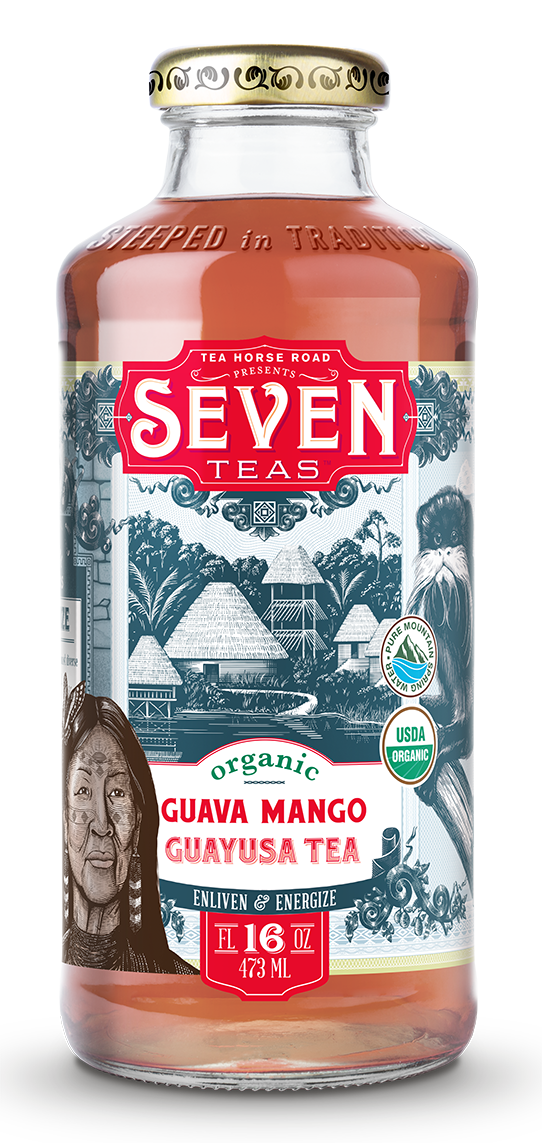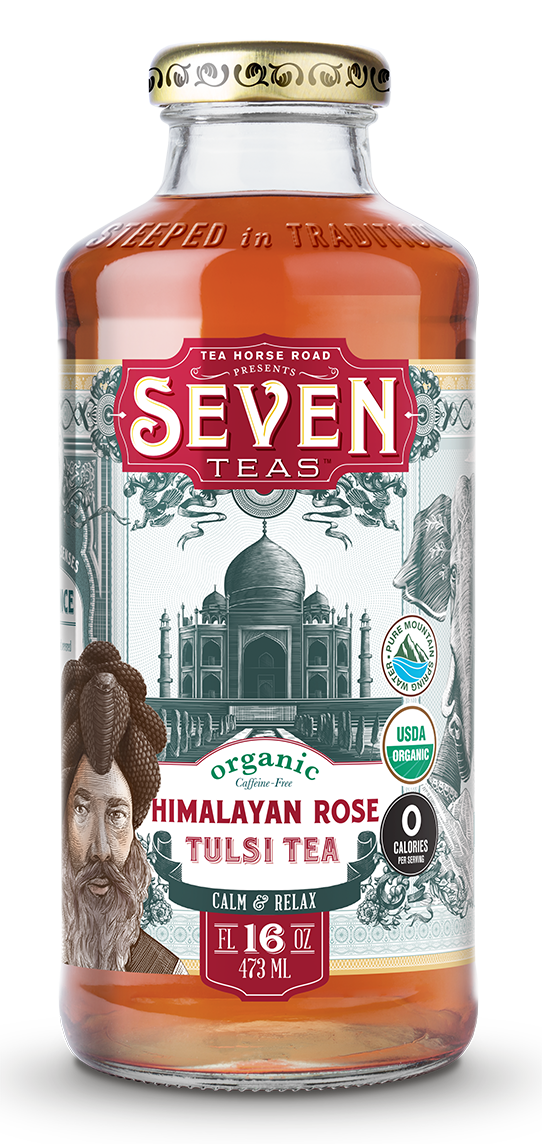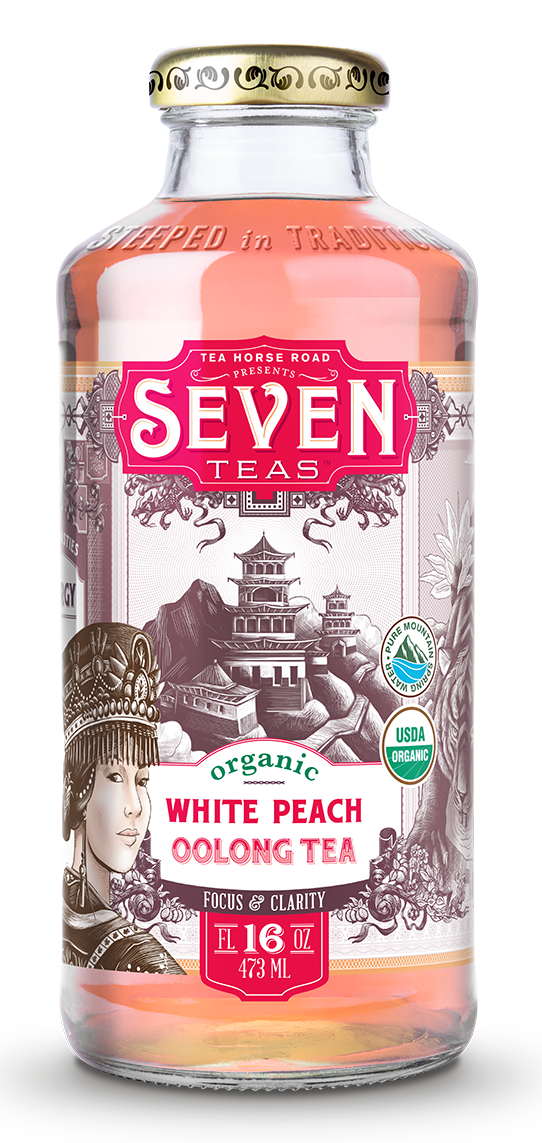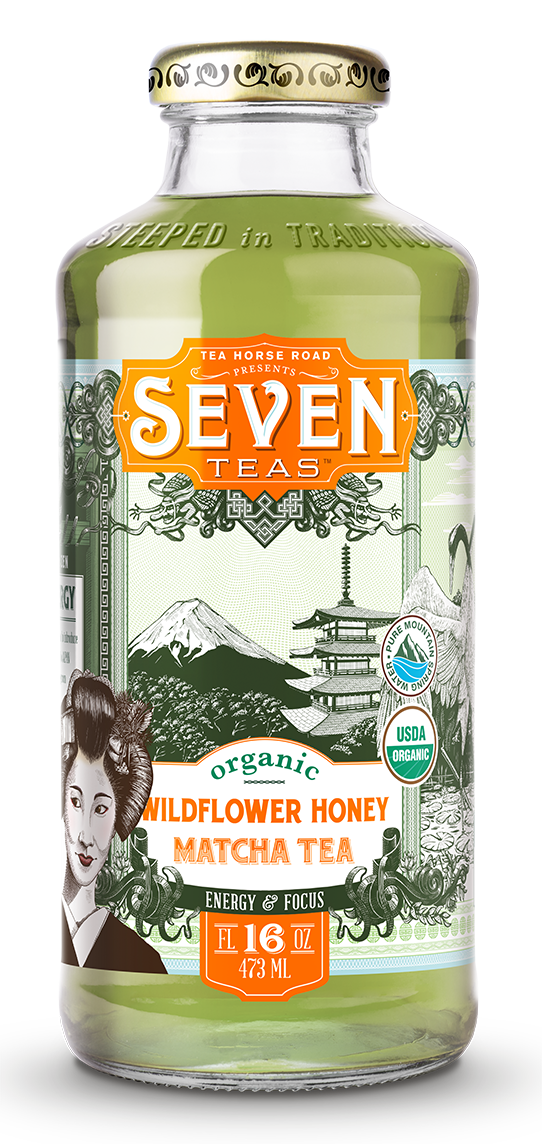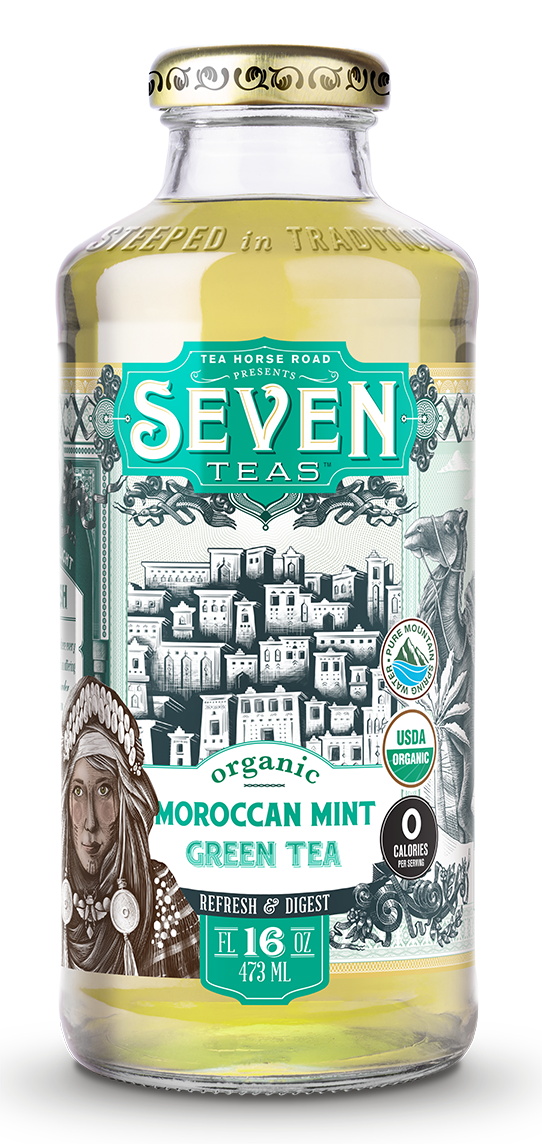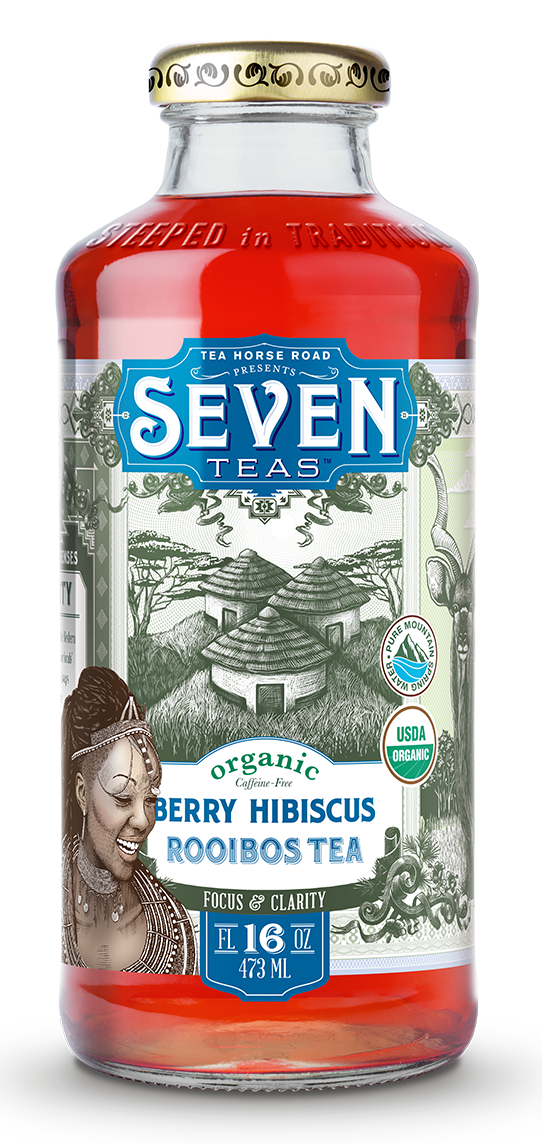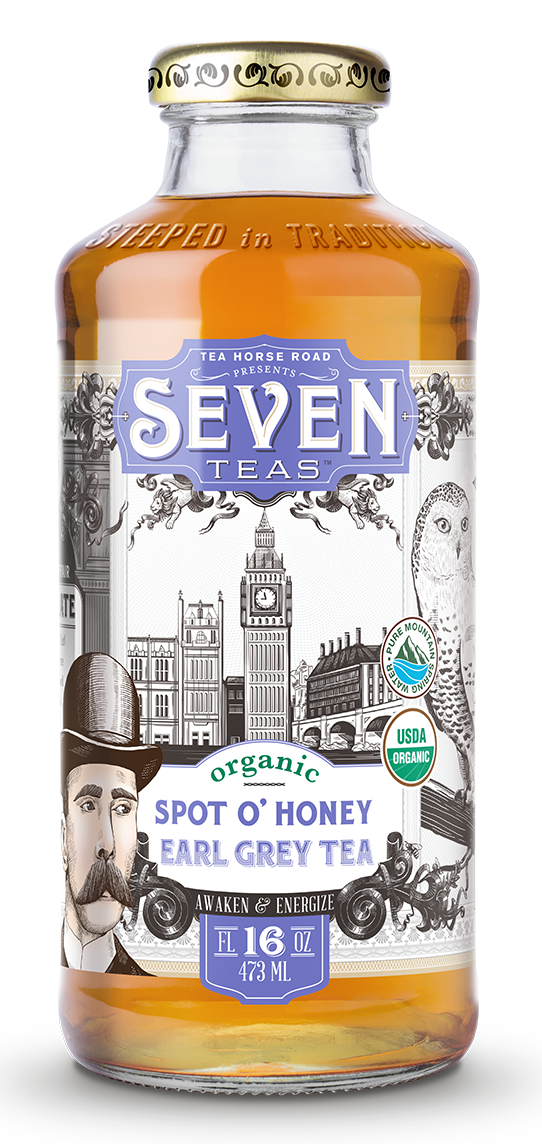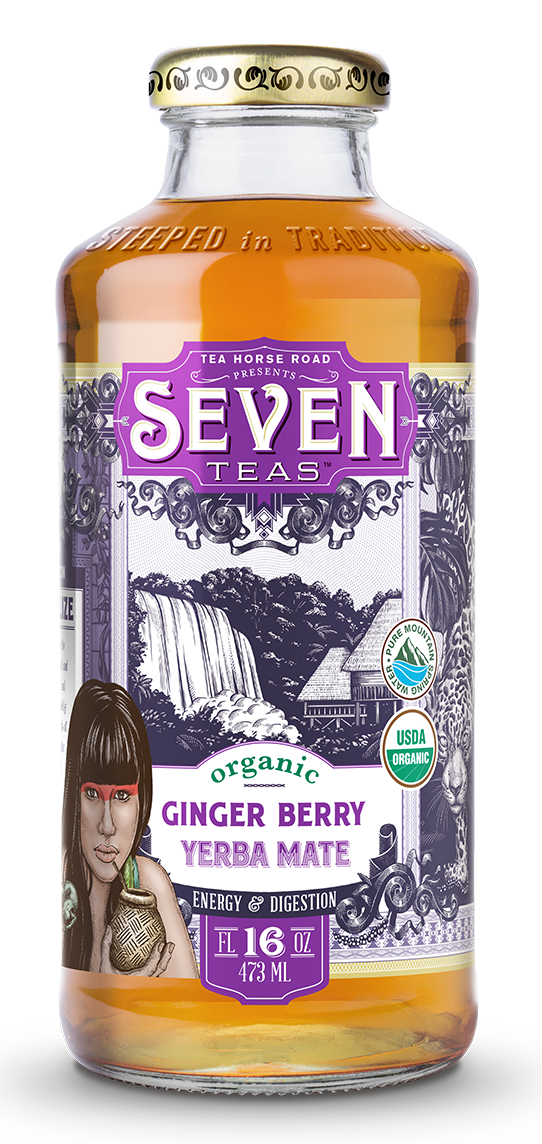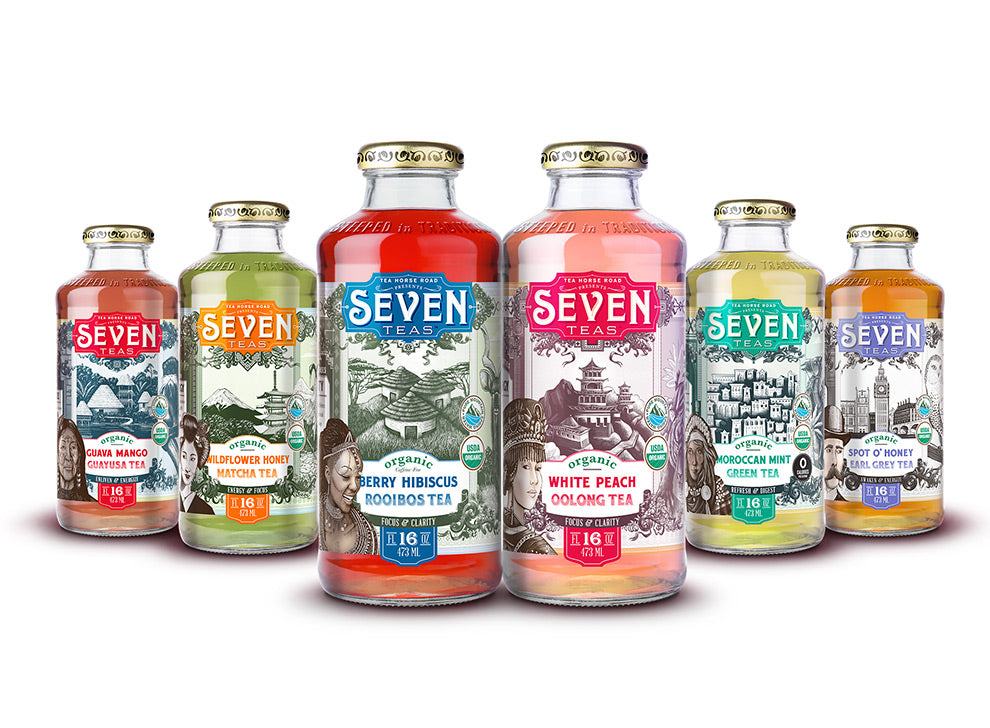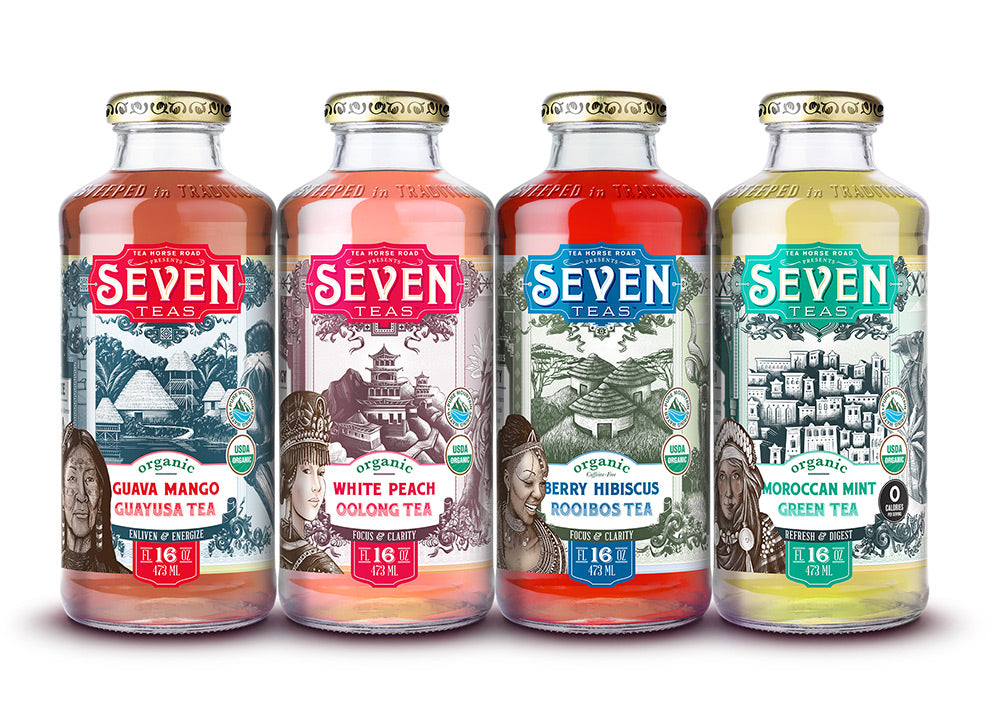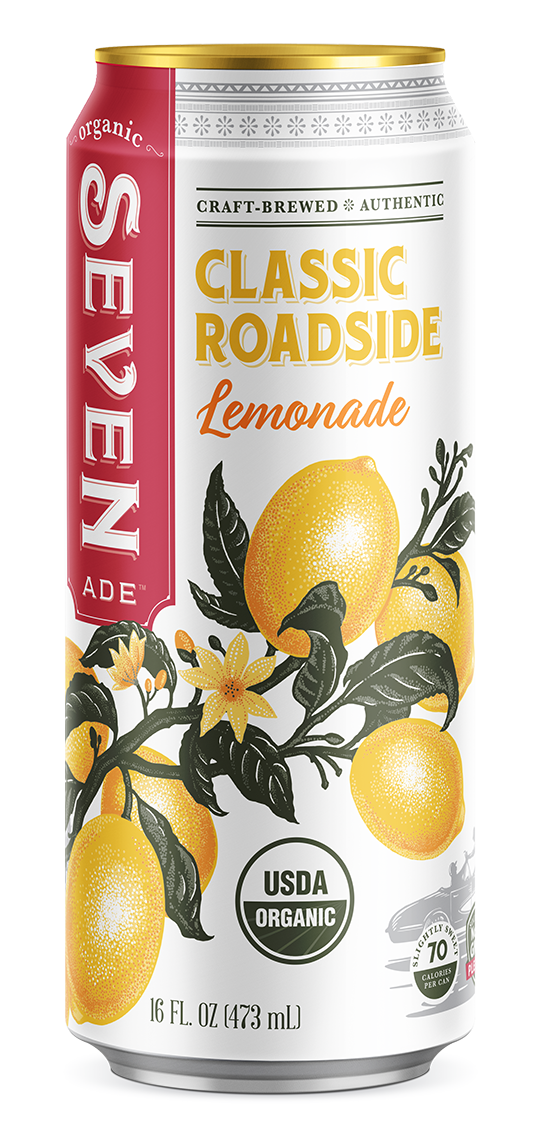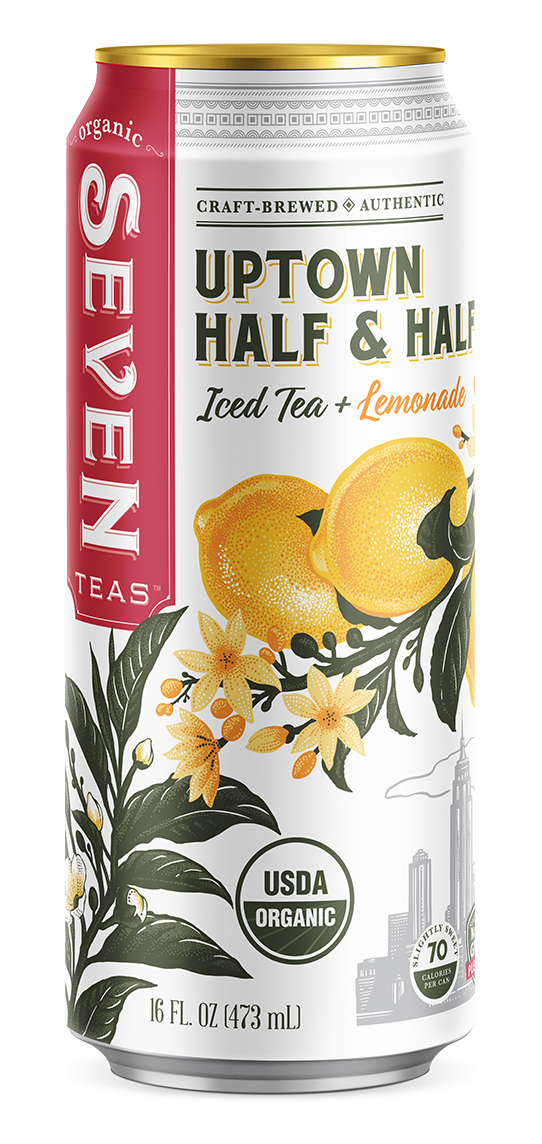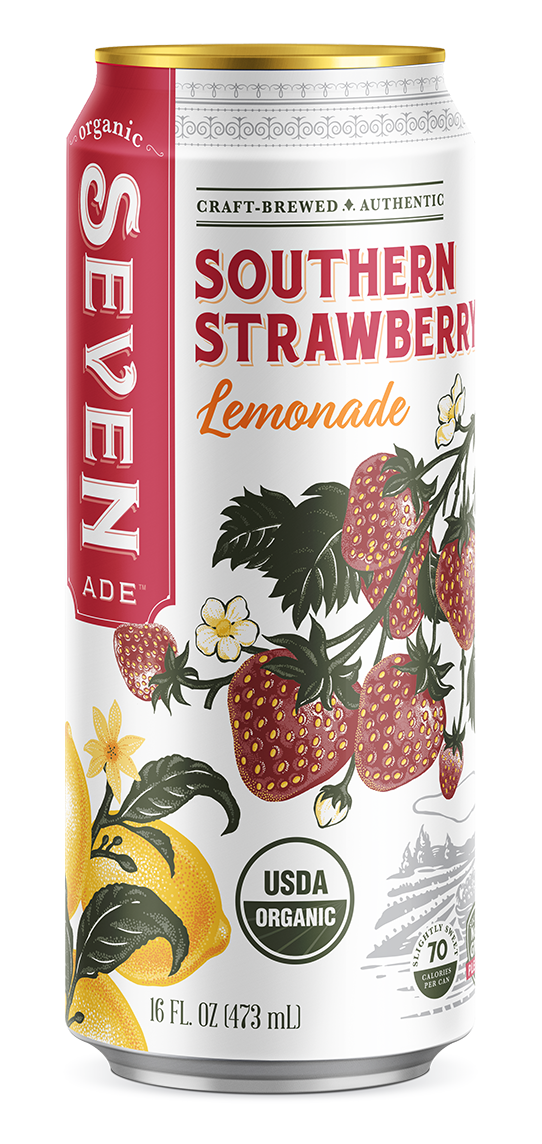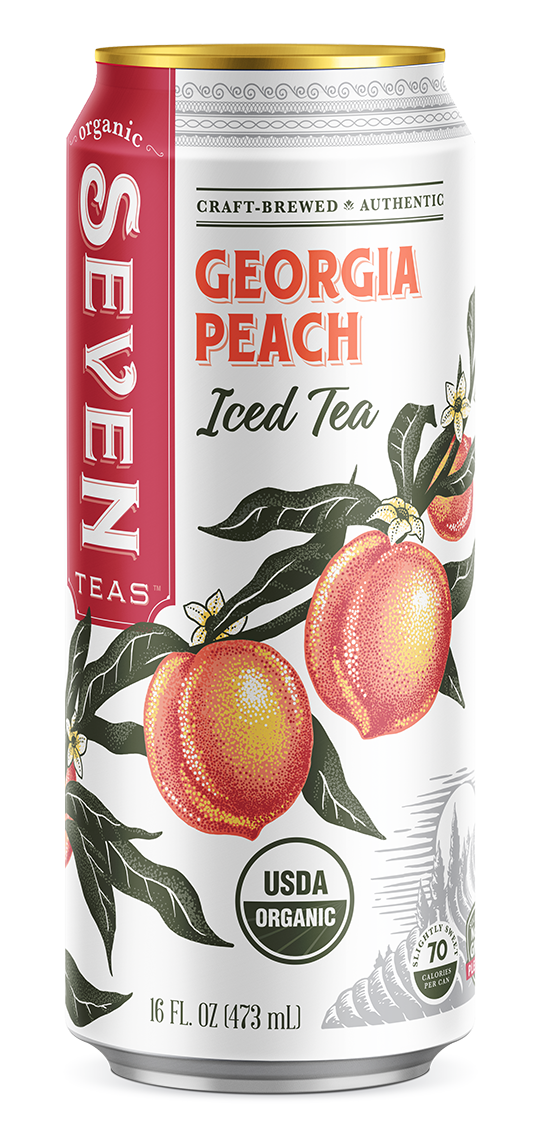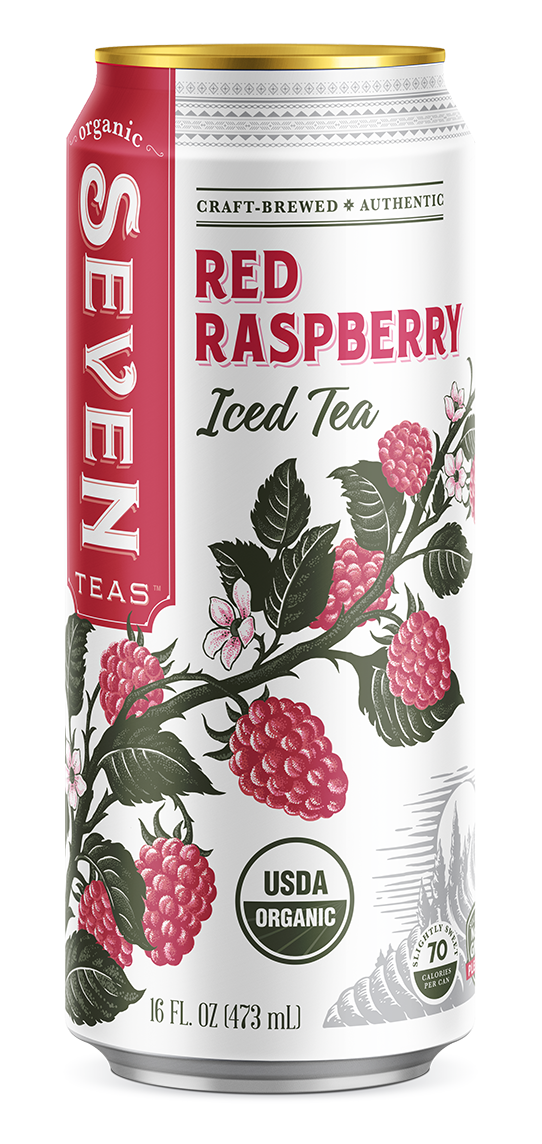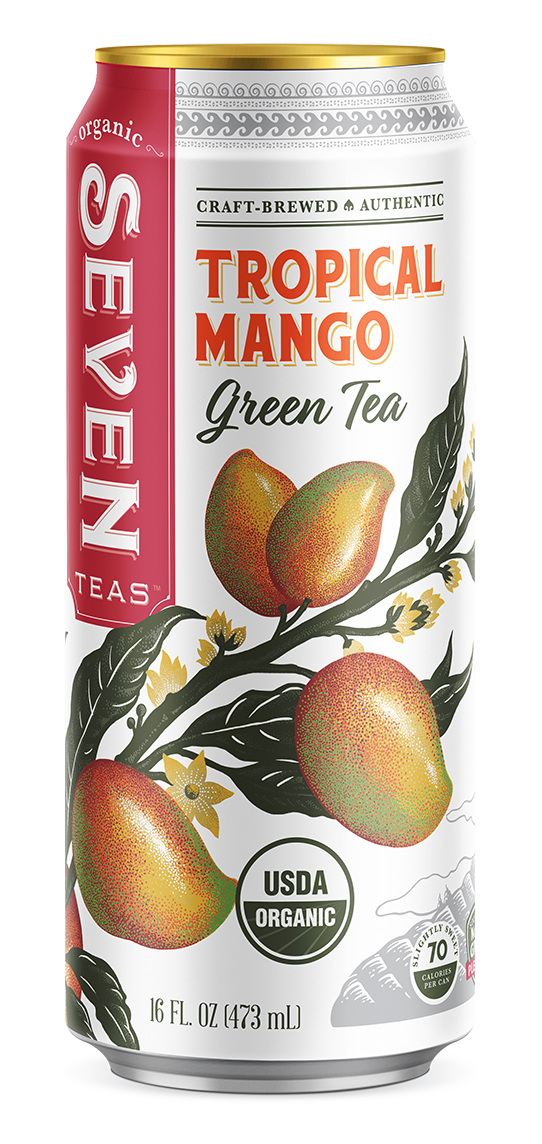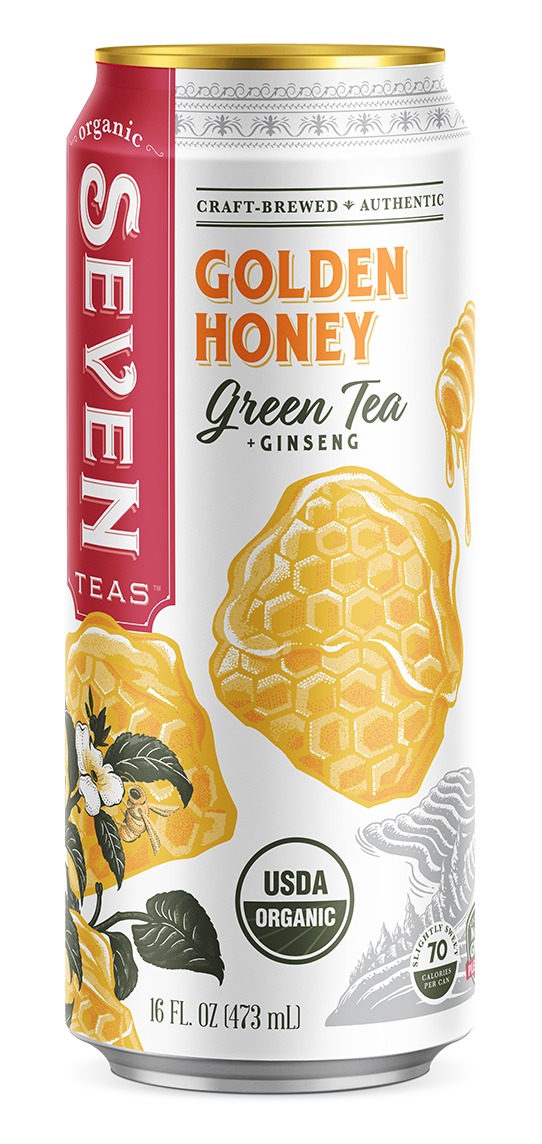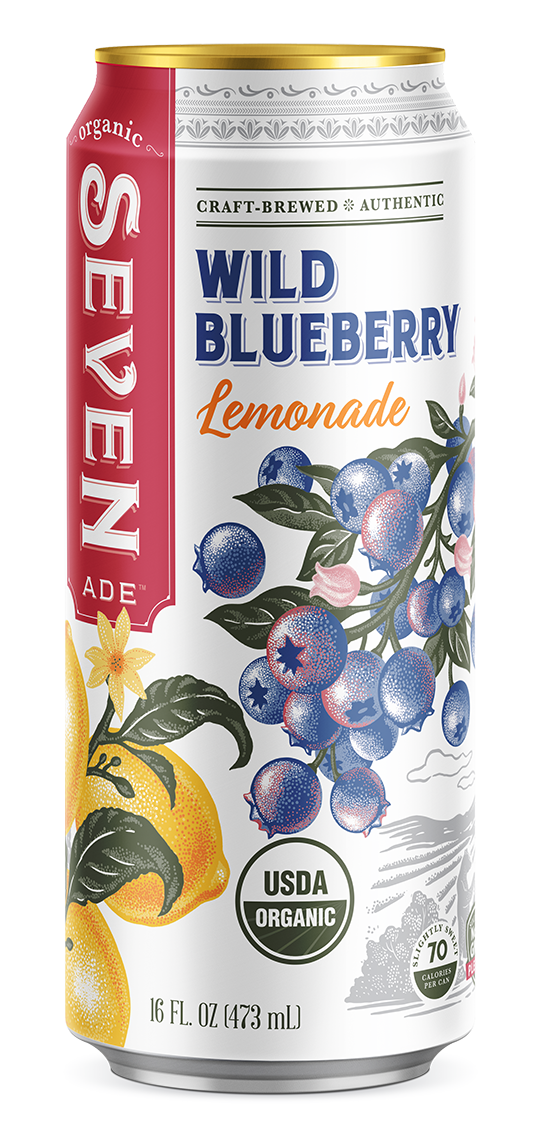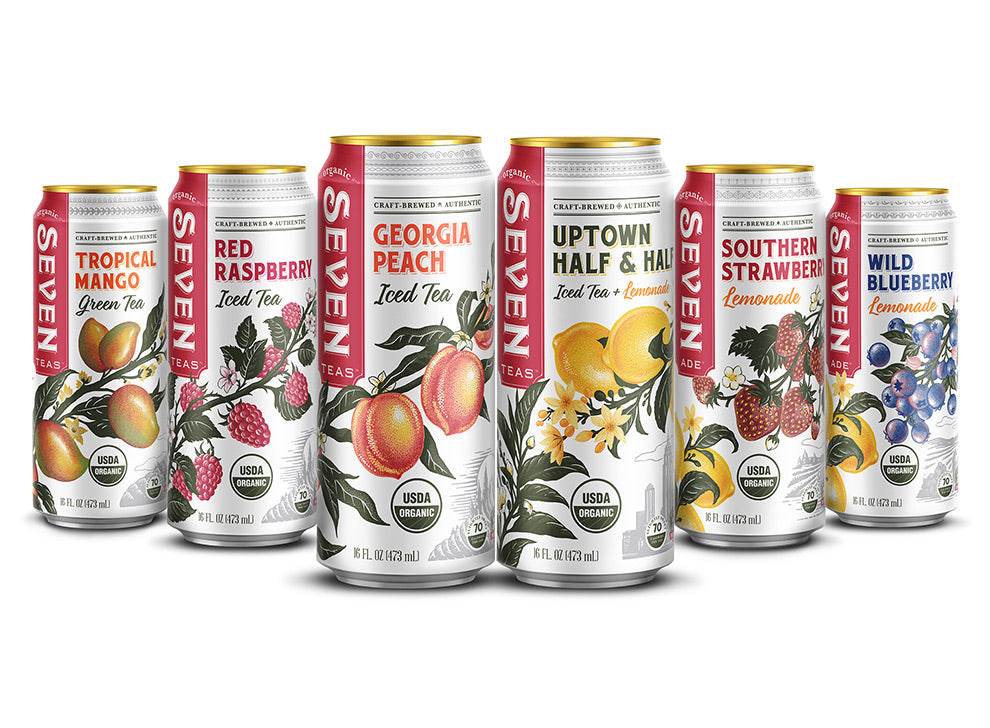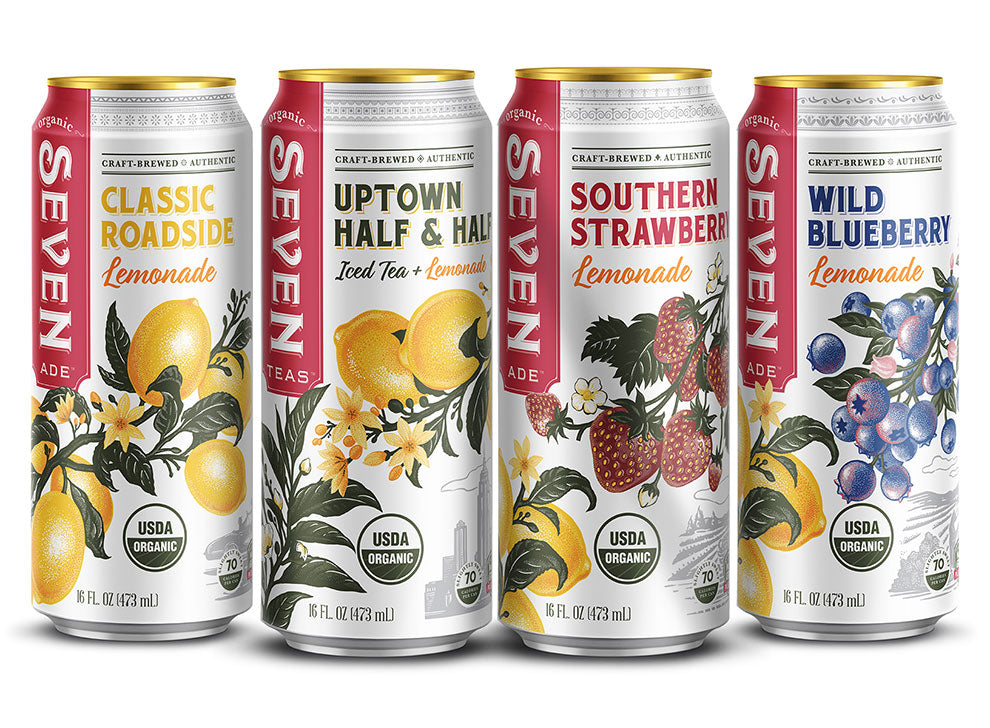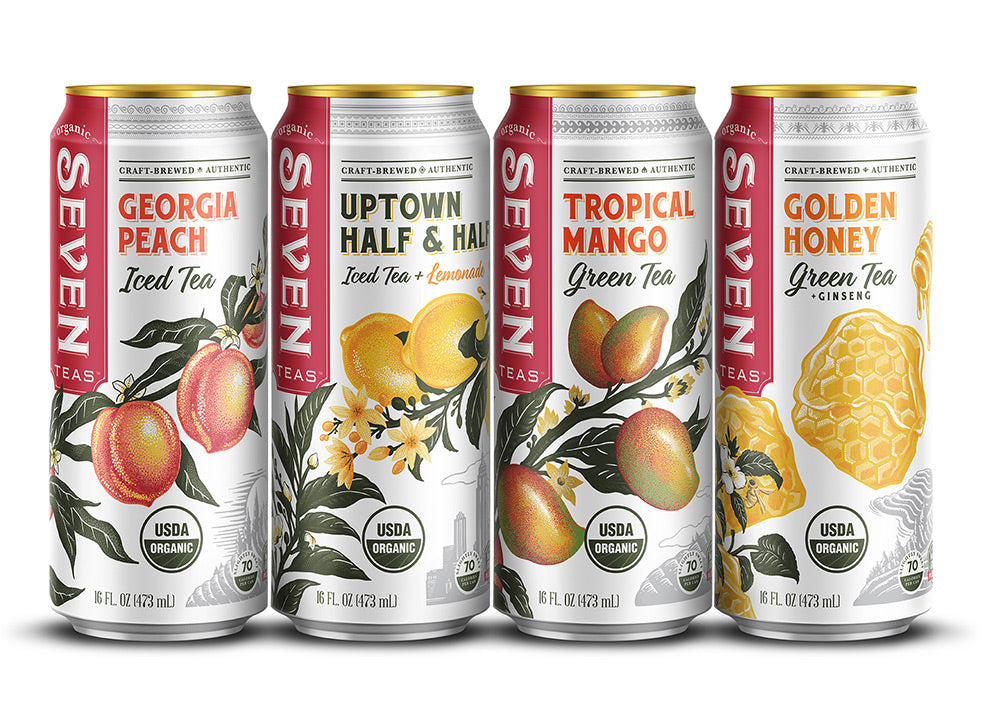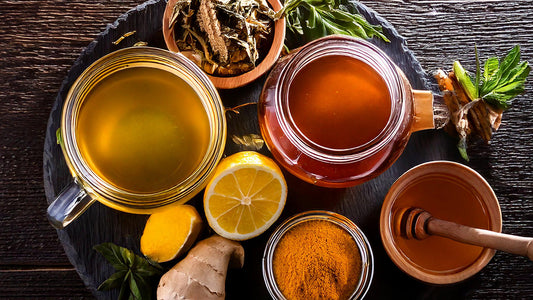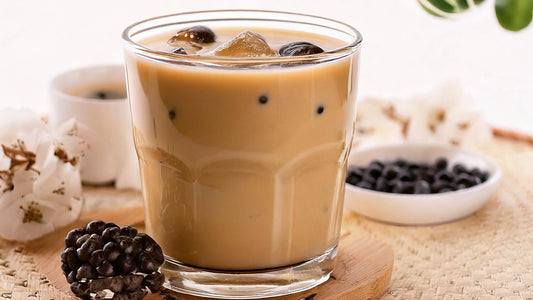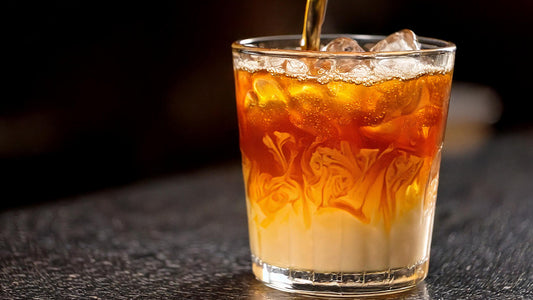Matcha is a brilliant-green powdered tea first popularized in Japan. It is fresh, vegetal, and somewhat bitter with hints of sweetness and umami. You can consume high-quality, ceremonial-grade matcha on its own.
You can also mix culinary-grade matcha into lattes, smoothies, and other beverages. Matcha contains concentrated levels of green tea health benefits and potent in caffeine — it’s a perfect way to start the day.
What is Matcha?
Compared to the other steeped and brewed green tea, matcha is a stone-ground powder made from entire green tea leaves. Farmers choose the highest-quality green tea leaves three weeks before harvest and shade them for slower development. This coloring increases the chlorophyll content, giving it a brighter green hue than other green teas.
It is also the mechanism that encourages additional theanine, an amino acid that produces relaxation without making you asleep.
Vegetal
The most obvious taste characteristic of high-quality matcha is its grassy, vegetal flavor. Green tea leaves are gathered, steamed, and stone-ground into a fine powder to make matcha. The steaming process used in Japanese green teas produces more vegetal notes than Chinese green tea fired on a pan, which is nuttier and gentler.
Matcha is regarded as having an even more robust and concentrated “green tea” flavor, since it is created from entire ground tea leaves.
Umami
A strong umami taste is another sign of high-quality matcha. Umami is a savory flavor found in bone broth and miso soup dishes. This umami flavor is frequently characterized as marine — in matcha, it’s comparable to seaweed.
The umami taste in matcha is enhanced by the shading process, which enhances chlorophyll levels and results in a deep savory flavor. Another example of shade-grown Japanese loose-leaf green tea is Kabusecha.
Sweet
Matcha has a delicate, lingering sweetness to it. Pure matcha isn’t as sweet as, for example, a matcha latte. However, it has a slight natural sweetness that helps to balance off the other strong taste notes in this one-of-a-kind tea. Matcha is frequently served alongside miniature sweets in traditional Japanese tea ceremonies, enhancing the tea’s inherent sweetness.
Bitter
Matcha has a little earthy bitterness to it. While low-quality or incorrectly made matcha can be bitter, the best matcha contains delicate bitter undertones that blend with and enhance the other tastes in the tea. Matcha also has a fantastic astringent bite to it.
Smooth
Another quality of high ceremonial grade matcha is its smoothness. Matcha is frequently described as smooth, rich, almost buttery, and with a substantial body & lasting aftertaste. If you’re making matcha the conventional way, use a matcha sifter and whisk it with a matcha whisk. This method will help guarantee that your matcha is smooth, rich, and foamy rather than thin and clumped together.
Matcha’s Texture and Consistency
Another quality of high ceremonial grade matcha is its smoothness. Matcha is frequently described as smooth, rich, almost buttery, and with a substantial body & lasting aftertaste. If you’re making matcha the conventional way, use a matcha sifter and whisk it with a matcha whisk. This method will help guarantee that your matcha is smooth, rich, and foamy rather than thin and clumped together.
Factors that Affect Taste of Matcha
Type of Water
Subtle matcha flavors come out better when prepared with fresh spring water, since it has a higher pH level (an indication of acidity) and contains mineral content. The second best is filtered water. Do not use hard water, which can leave a strong aftertaste.
Water Temperature
Maintain a temperature of 175° Fahrenheit (80° Celsius). If you do not have a temperature setting tea kettle, boil the water and then leave it to sit for a bit to drop in temperature. You want to avoid using boiling water, as this can make the matcha taste bitter.
Matcha to Water Ratio
There are two ways to make plain Japanese tea: Usucha and Koicha.
- Usucha is the process of making a thinner matcha tea for everyday drinking. One teaspoon of organic matcha powder to 70 milliliters (¼ cup + 2 teaspoons) of water. It is light, smooth, and flavorful. You can add more water to your tea, if you prefer it even lighter in taste.
- Koicha (thicker, rich matcha) is generally used for Japanese tea ceremonies. 2 teaspoons (4 grams) matcha to 40 milliliters (2 tablespoons + 2 teaspoons) of hot water. Flavor notes include an intense matcha taste and creamy mouth feel.
Matcha Grades
- Ceremonial-Grade Organic Matcha has the purest flavor of all matcha grades. With a smooth and creamy finish, it has a vegetal, grassy flavor that is naturally sweet.
- With its bold flavor, Culinary-Grade Matcha Organic Green Tea is the perfect addition to lattes and baking, bringing out the grassy notes of the matcha.
Organic vs. Non-Organic
When drinking matcha, you consume the whole stone ground tea leaf, so it’s even more important to drink 100% organic. The choice is easy as Seven Teas only sells organic products.
Discover Organic Wildflower Honey Matcha from Seven Teas!
Journey to Japan with the magic of Organic Wildflower Honey Matcha! Crafted with ceremonial grade shade-grown leaves, this gently uplifting gem offers powerful antioxidants and a grassy, noble aroma. Every sip is subtly sweet with beautiful hints of orange blossom and honey.
At Seven Teas, we consistently brew our teas according to the highest standards to save natural caffeine levels. And because real brewed tea tastes better! We craft an authentic tea experience without cutting any corners: no citric acid, no “natural” flavors, GMOs, high fructose corn syrup, tea extracts, or sift. Only naturally brewed tea, hand-crafted using an old-world brewing method (steeping whole leaf teas, just like you do at home!). Try our organic tea selection today!

